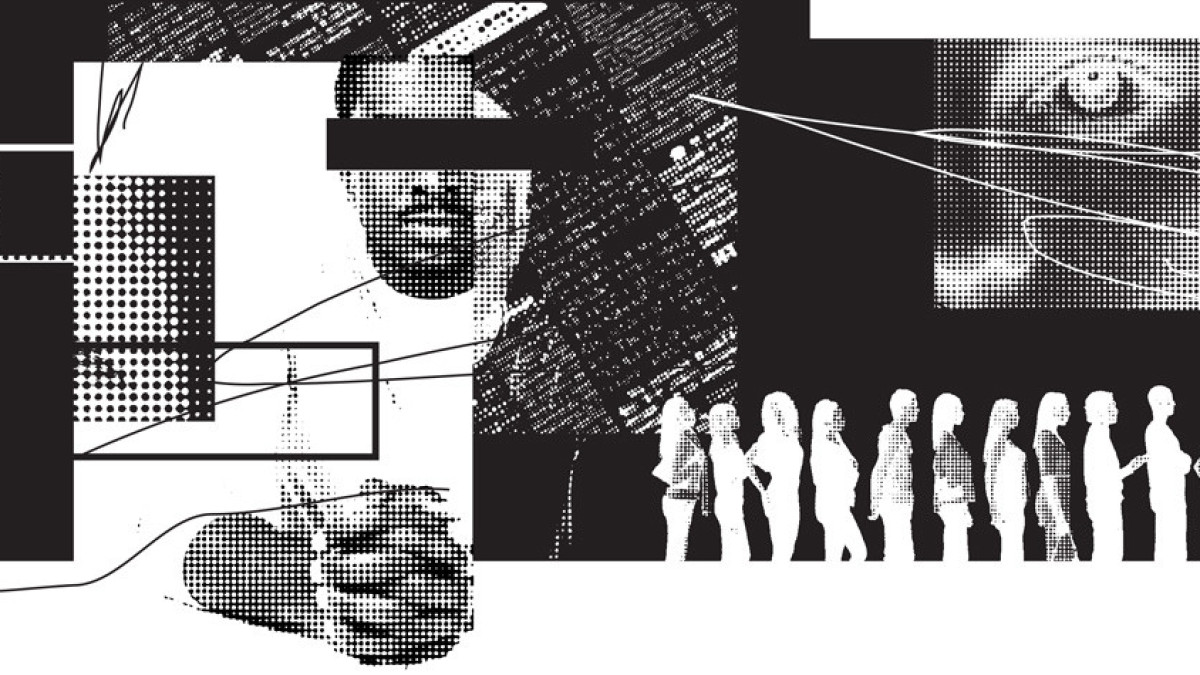
Race and the Gospel
Enter the conversation.
We live in a divided world. This is an undebatable fact. Yet we profess a gospel which claims that all things have been reconciled to Christ through the cross (Colossians 1:20).
Many questions arise as we simultaneously consider the reconciling power of the gospel and the brokenness of the world. We live in great tension.
One of the deepest areas of division in our world—and in our country, in particular—is that of racism. Not only has racism divided the country since its founding, but it has also divided the Church of Jesus Christ.
In this five-part video/blog series, we will consider the reality of racism: How racism has affected the Church, what the gospel has to say and what role we have in fighting against racism. This first post will examine the reality of division along racial lines within our churches and why this is a problem biblically.
Let us journey together into this conversation, and may our journey be marked by grace and humility.
The Problem: The Unreconciled Church
Our ultimate goal is unity transcending every barrier imaginable, serving as a witness to a divided world.
The church in America is racially divided. There is little debate about this reality. Most are familiar with the famous words of Dr. Martin Luther King Jr., from a 1968 sermon: “We must face the sad fact that at eleven o’clock on Sunday morning when we stand to sing, ‘In Christ there is no East or West,’ we stand in the most segregated hour in America.”
These words still ring true. The 1988 Multiracial Congregations Project, led by Rice University sociologist Michael Emerson, defined a multiracial congregation as one where no one racial group is more than 80 percent of the congregation. The study concluded that 8 percent of all Christian congregations in the United States are diverse. Is it any different in 2016?
While it is a “sad fact,” as King lamented, that our churches remain largely segregated, what is saddest about this reality is that it is only a symptom of something much deeper.
In His High Priestly Prayer in John 17, Jesus prayed that His Church would be one, because in our unity we reflect the glory of the Triune God. He was well aware that division would come at us from every side. One of the Apostle Paul’s constant pleas was for unity in and among the churches.
Left to our natural inclinations, we unite with people who are like us. In her book, Disunity in Christ, social psychologist Christena Cleveland affirms, “Similarity is one of the most important predictors of liking because we like people who can affirm our worldviews and share our experiences.”
There is no me without you. We are part of one another.
On the contrary, we distance ourselves from those we feel we cannot relate to. This is problematic for the body of Christ, composed as it is of people from every tongue, tribe and nation (Revelation 7:9).
Paul adds in 1 Corinthians 12 that, as the body of Christ, we are called to share in the joys and sufferings of one another. In other words, we are to consider ourselves as bound up with others, even those who are ethnically and culturally unlike us. When I say “bound up,” I mean that our fundamental way of thinking about others in Christ should be: “There is no me without you. We are part of one another.”
When the body of Christ is functioning in this way, we see reconciliation.
Reconciliation is not getting a diverse group of people together in the same room. That is why our ultimate goal cannot be diverse local churches. There are many diverse churches that still remain unreconciled.
Our ultimate goal is a unity that transcends every barrier imaginable, thus serving as a witness to a divided world. We should long for a unity that says, “Your people shall be my people” (Ruth 1:16)—the words that Ruth, a Moabite, uttered to Naomi, an Israelite widow, as a promise to care for her until death.
This type of unity is worthy of our Savior, who, through the blood of His cross, broke down the dividing wall of hostility that stood between us and created in Himself one new humanity (Ephesians 2:14-15). Let us strive together toward this end, which will result in our God being glorified.
Discuss this post with others on your leadership team or in your small group, and ask:
- Why is unity such a large part of the witness of the gospel?
- Knowing that we will not experience the fullness of the Kingdom of God until Christ returns, what does it mean to live “the now and the not yet” of the kingdom in the realm of racial reconciliation?
Read Part 2: “Blindspots: Not Acknowledging the Past”
The video was posted in August 2015.
Send a Response
Share your thoughts with the author.